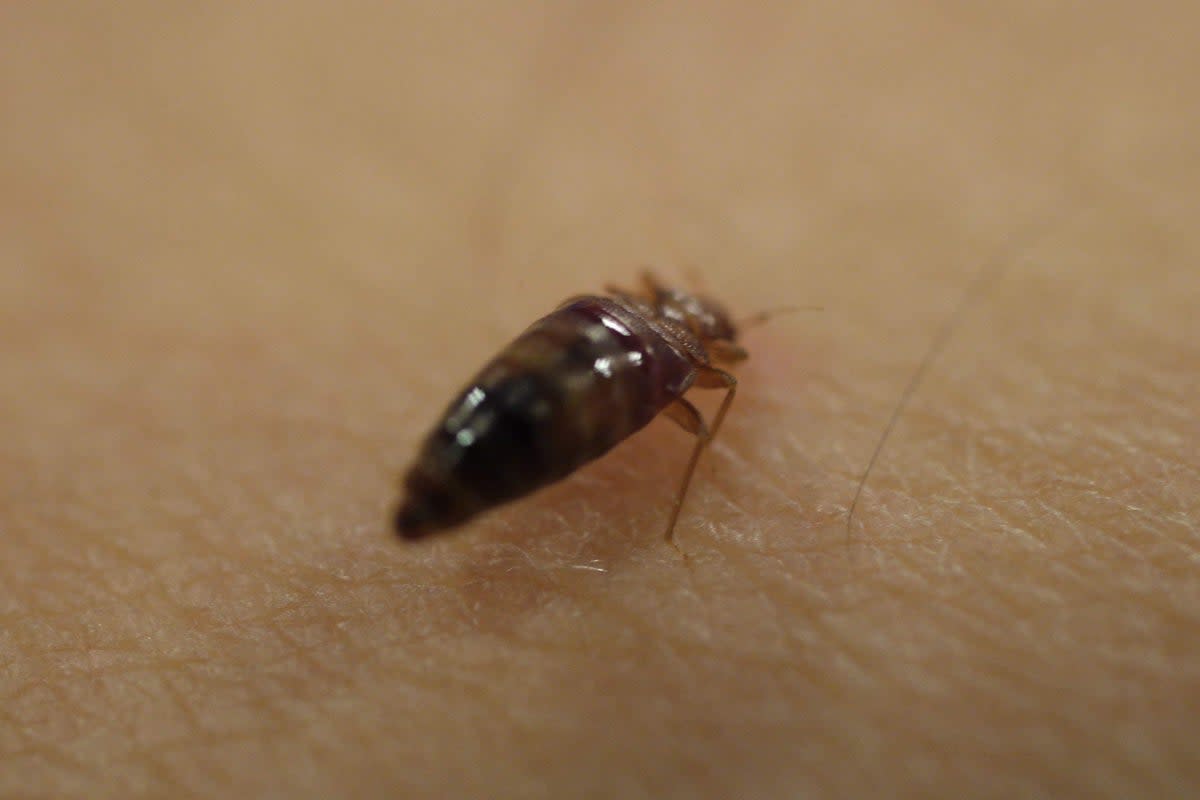Bed bug callouts soared by a fifth in London last year

Bed bug callouts have soared by a fifth in London in the past year, new figures have revealed, with councils spending more than £270,000 to deal with infestations.
A Freedom of Information request by Direct Line insurance found that pest control services visited 8,864 homes in the capital with a bed bug problem in 2023.
Across the UK, the number of callouts increased by 23 per cent compared with the previous year.
The figures suggest the availability of council-operated pest control services is a postcode lottery, with services across the UK varying wildly.
Not a single borough in London provides pest removal services free of charge, the FOI found.
Bed bugs do not carry disease and most bites clear up on their own in a week, according to the NHS.
The insects often live on furniture or bedding and can spread by being on clothes or luggage.
They feed on blood by biting people, creating wounds that can be itchy but do not usually cause other health problems.
Last year, pest control firms in London reported being “inundated” with calls about bedbugs and warned that the spread of the blood-sucking insects was “out of control”.
Maria Lawrence, product manager for Direct Line home insurance, said: “The public will understandably be squeamish upon learning about the scale of pest problems faced by authorities in the UK, particularly as they can create real issues for people’s health.
“Across the UK there is a huge difference in the costs people face, depending on where they live, with either free services or significant charges to tackle these issues.”
In October last year, Mayor Sadiq Khan said the threat of France’s bed bug outbreak spreading to London’s public transport network was “a real source of concern” and that Transport for London (TfL) is “taking steps” to prevent the insects spreading across the city on its services.
British Pest Control Association chief executive Ian Andrew said: “It’s absolutely vital that householders consider calling in a BPCA member at the first sign of rodent activity.
“Rats are a serious public health pest with rapid breeding cycles, which means an infestation can escalate quickly.
“Failed DIY treatments can make the issue worse, as well as potentially endangering other people or non-target species.”


